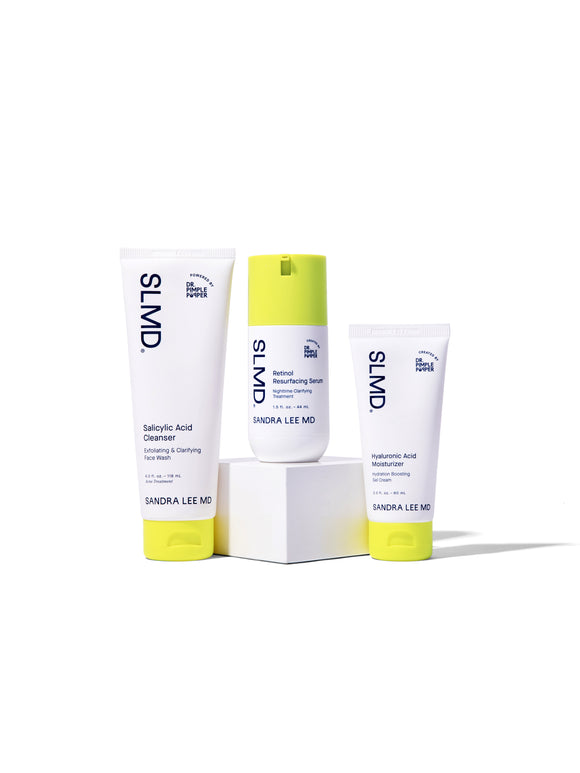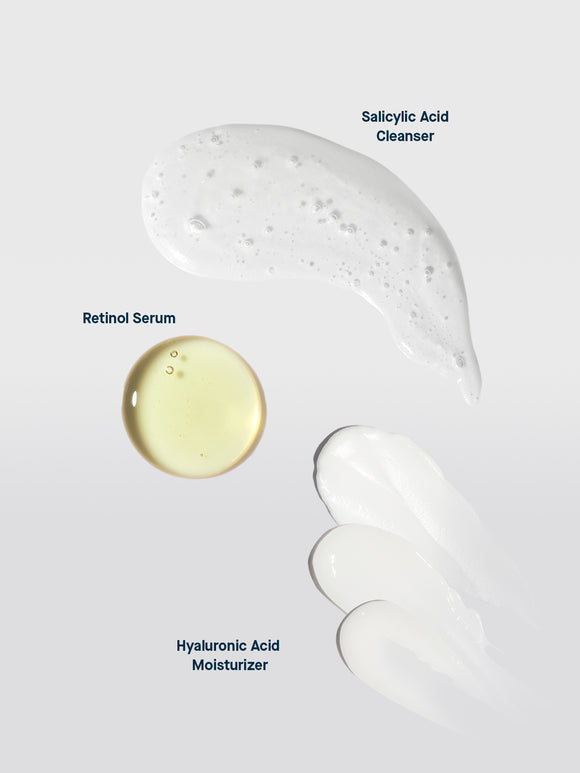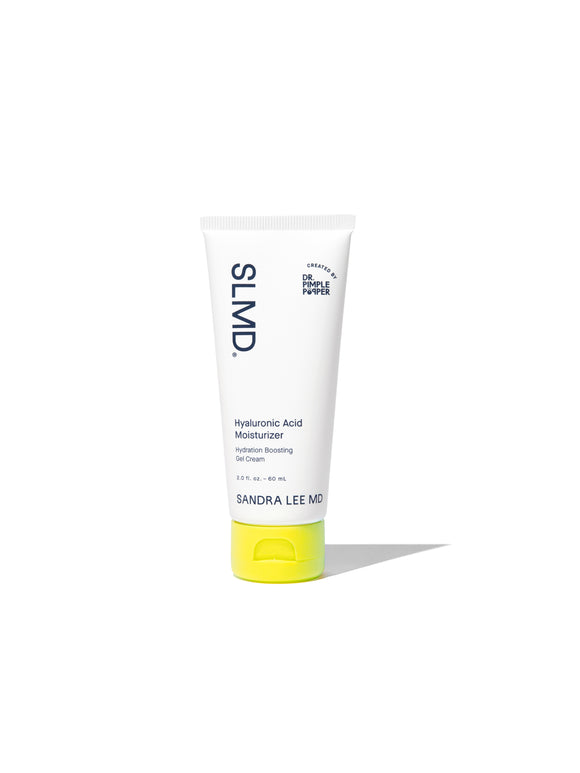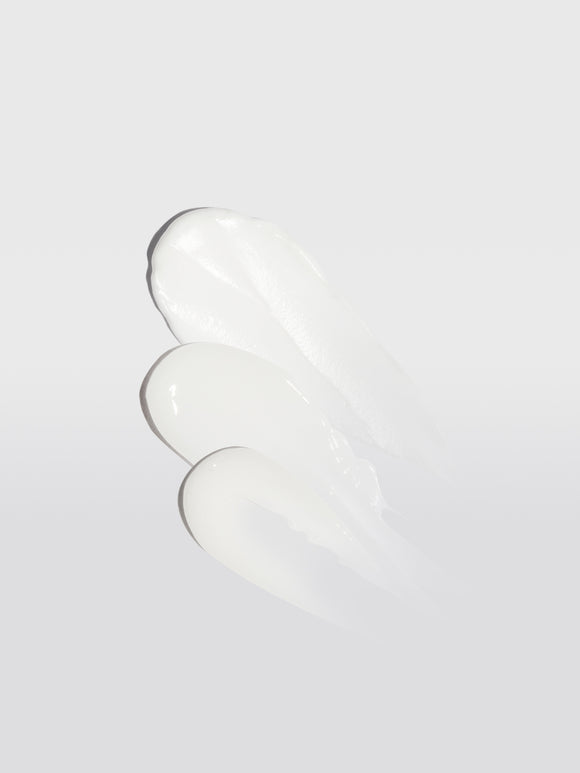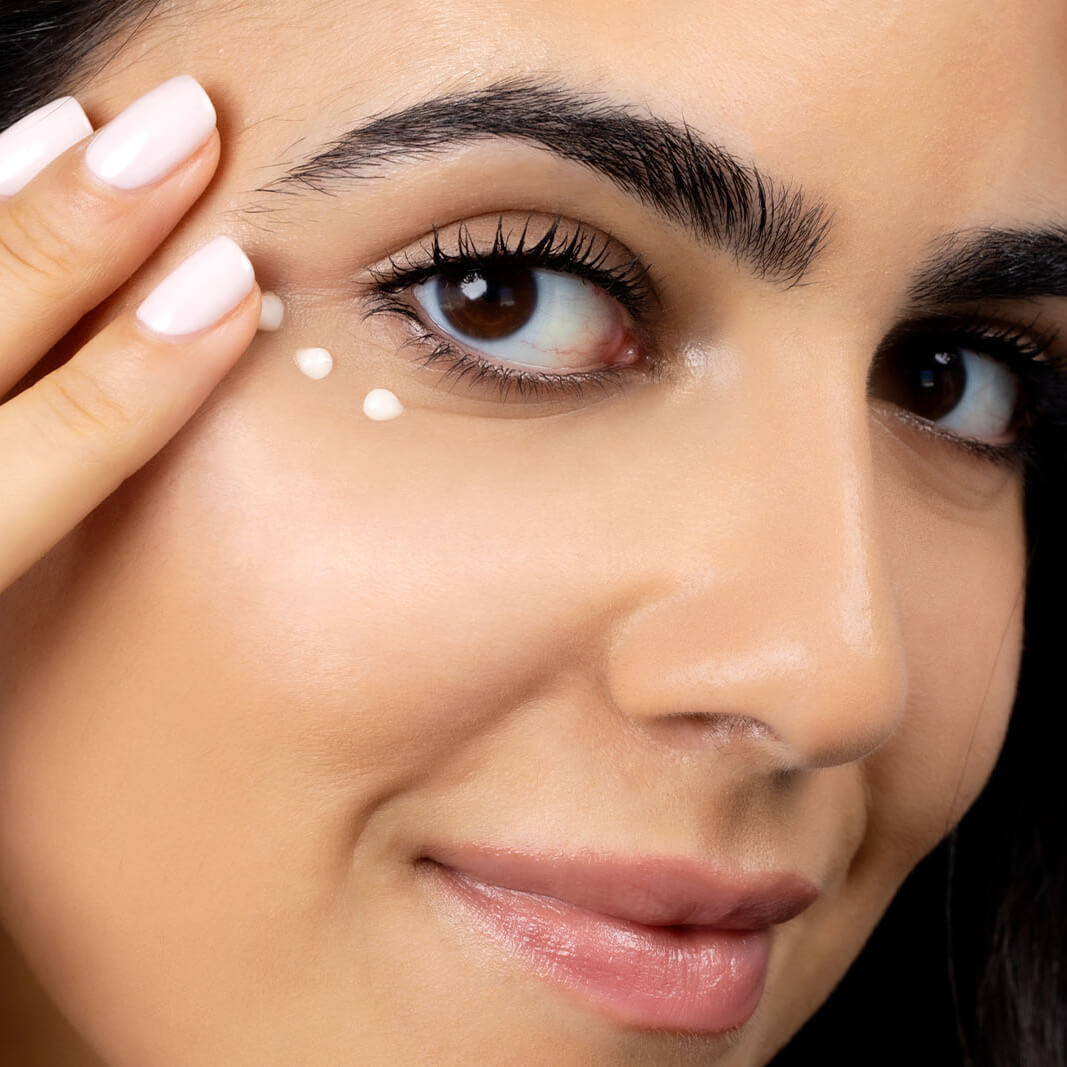
Retinol Guide for Beginners: 8 Essential Tips
What you need to know before trying this acne-fighting, anti-aging all star.Published:
3 minute read
Retinol is one of the most popular skincare ingredients, but let’s be honest — it’s also one of the most confusing. Does it treat acne or just fight wrinkles? And why is everyone talking about it like it’s some kind of miracle? If you’re new to retinol, here’s a simple breakdown of what you need to know before jumping on the bandwagon.
1. Understand the difference between retinol and retinoids
Retinol is a type of retinoid—a group of vitamin A derivatives celebrated for their anti-aging and acne-fighting benefits. Retinol is the over-the-counter version, while stronger retinoids like tretinoin require a prescription. These ingredients help accelerate cell turnover, boost collagen production, reduce hyperpigmentation, and improve skin texture and tone.
2. Know when to start using retinol
There’s no set rule, but most dermatologists suggest starting retinol in your mid-twenties, especially if you have acne-prone skin or concerns like hyperpigmentation. Retinoids were originally developed to treat acne, and their anti-aging benefits were discovered later. Even if you’re in your 30s or beyond, it’s never too late—retinol can help jump-start your skin’s natural renewal process, which slows with age.
Try: SLMD Retinol Resurfacing Serum
3. Start retinol slowly to avoid irritation
- Start slow and low: Begin with a low concentration and use it every other night to help your skin adjust. Redness, flaking, and irritation (aka “retinol uglies”) are common at first but should subside with time. Retinol should always be applied at night due to its potential photosensitizing effects.
- Apply correctly: Use a small, pea-sized amount on clean, dry skin. If irritation occurs, try the “sandwich” technique by applying a layer of moisturizer before and after your retinol.
- Never skip sunscreen: The effects of retinol may increase sun sensitivity, so using sunscreen daily is essential. Opt for a broad-spectrum product with a minimum of SPF 15, to keep your skin protected.
Try: SLMD Hyaluronic Acid Moisturizer, Facial Moisturizer with Vitamin C, Daily Moisturizer with SPF 15
4. Avoid common retinol mistakes
- Using too much, too soon: Start slow and build up your skin’s tolerance to avoid irritation. More isn’t better when it comes to retinol.
- Skipping the moisturizer: Retinol can be drying, so be sure to keep your skin hydrated. Use products containing hydrating ingredients like hyaluronic acid or squalane to maintain balance.
- Mixing retinol with other actives prematurely: Avoid combining retinol with other strong actives like AHAs, BHAs, or benzoyl peroxide until your skin is fully adjusted.
Dr. Pimple Popper's Retinol Picks
5. Manage side effects and set realistic expectations
Retinol’s benefits don’t appear overnight, and it typically takes several weeks to months of consistent use to see noticeable results. If you experience dryness or peeling, incorporate soothing ingredients like niacinamide or ceramides to support your skin barrier.
6. Debunk myths about retinol
- MYTH Retinol will show immediate results: Results take time, so consistency is crucial. Most users see changes after a few months.
- MYTH More is better: Stick with one retinol product and increase usage slowly to avoid irritation—doubling up won’t speed up results.
7. Understand retinol safety precautions
Retinol is not recommended for pregnant or breastfeeding women. Always listen to your skin’s response and adjust as needed; daily sunscreen is a must to prevent sun damage.
8. Choose beginner-friendly retinol products
When selecting a retinol product, look for one that’s labeled for all skin types and contains soothing ingredients like hyaluronic acid, niacinamide, or ceramides to help minimize irritation. Start with over-the-counter, lower concentration options to allow your skin to adjust gradually. If you experience dryness, use a gentle moisturizer and/or hydrating treatment before and after applying retinol.

Dr. Lee's Last Word
Retinol is one of my top recommendations because it’s proven to manage acne and combat signs of aging. It’s a staple that almost everyone can benefit from, but remember — retinol works best when paired with daily sunscreen!





